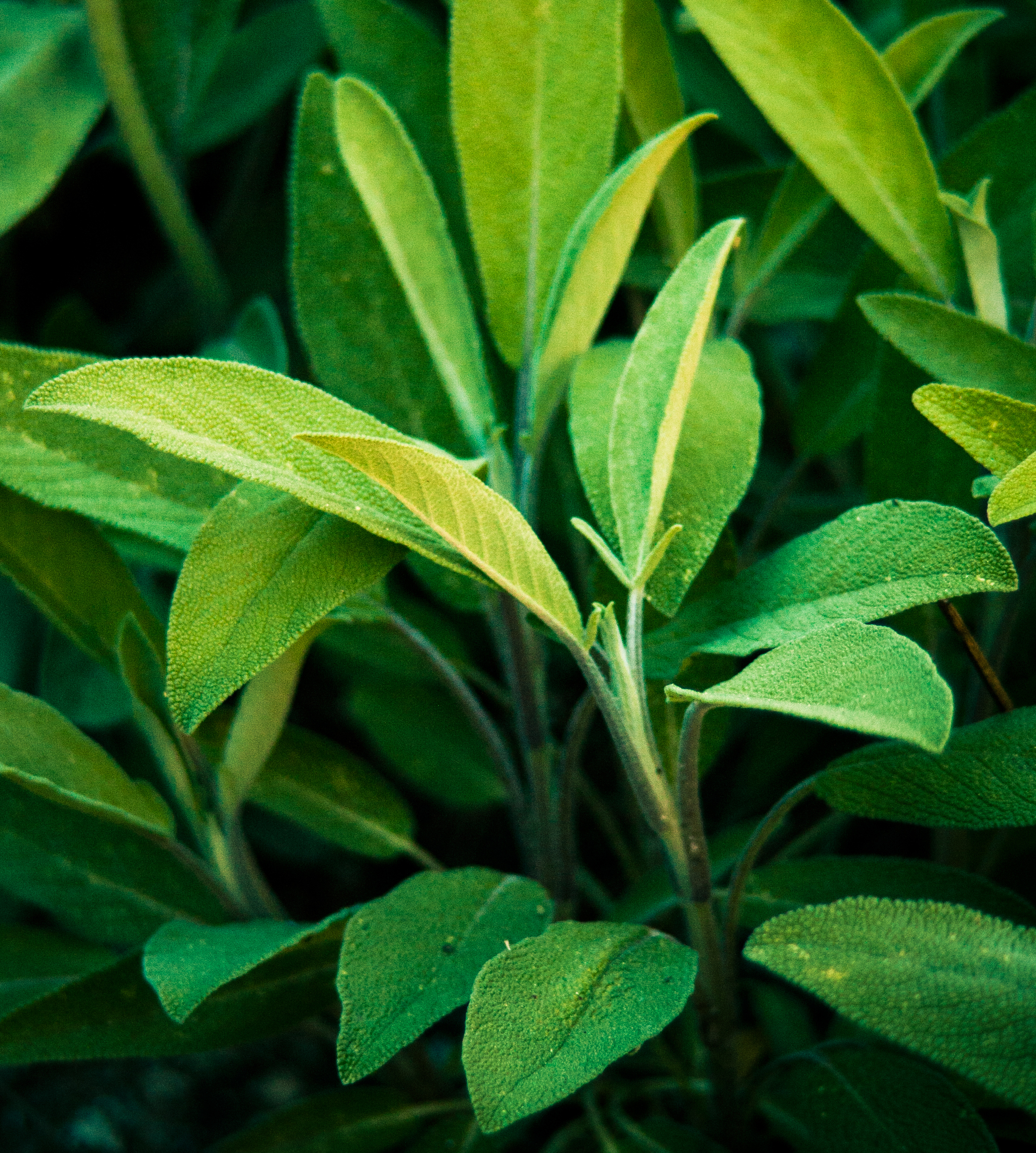Spring sprigs

Here are some common uses for Llamas' recommended beginner herbs.
"¢bull; Basil "“ used as a garnish on Italian food (pizzas, pastas,etc.), as an ingredient in sauces, and as one of the main ingredients in pesto.
"¢bull; Oregano "“ used as a staple ingredient for seasoning on meat, stews and vegetables in regional cuisines spanning Mexican, Italian, Spanish and Greek food.
"¢bull; Thyme "“ most commonly associated with French food; it is often used to flavor meats, soups and stews; it works particularly well with lamb, tomatoes and eggs.
"¢bull; Rosemary "“ used frequently to complement many types of food, particularly in Mediterranean cuisine; used to season poultry and fish dishes, vegetables and sauces.
"¢bull; Mint "“ used to flavor teas and other beverages; it is also an important ingredient in certain desserts, salads, sauces and jellies; it is often paired with lamb.
SOURCE: culinaryherbguide.com
Compiled by Andrew Bain.
By Daily Bruin Staff
May 5, 2011 12:50 a.m.

UCLA Dining’s herb garden showcases five easy-to-grow herbs: rosemary, sage, thyme, oregano, and mint.

UCLA Dining’s herb garden showcases five easy-to-grow herbs: rosemary, sage, thyme, oregano, and mint.

Rosemary (above), oregano (middle) and thyme (bottom) are just some of the herbs that are featured in the herb garden grown near the residential halls at UCLA.
Let’s face it: Food is expensive, and when students are forced to clamp down on finances, one of the first areas to be cut is nutrition. One easy way to save money on food and improve the quality of your meals (not that instant macaroni and cheese gets old after two weeks of eating it every night) is by growing your own herb garden.
The garden also enhances the flavor of food by providing fresh seasoning and the comfort of knowing exactly what is going into your food.
Here is a step-by-step guide to growing your own herb garden, courtesy of Norberto Llamas, the senior production manager for renewal at UCLA.
Buy high-quality soil (preferably organic) and prepare a bed of soil (in a flower bed, for instance) for your herbs. If you use organic soil, there is no need to buy fertilizer of any kind. Be sure to put the flower bed in a location that will receive plenty of natural light.
Buy your herbs. Baby plants are recommended because they are cheaper. By buying baby plants, you also get to experience the joy of seeing them grow by your hand.
Water your herbs lightly every day and keep the flower bed neat.
Harvest when the herbs have grown branches that can be cut off.

